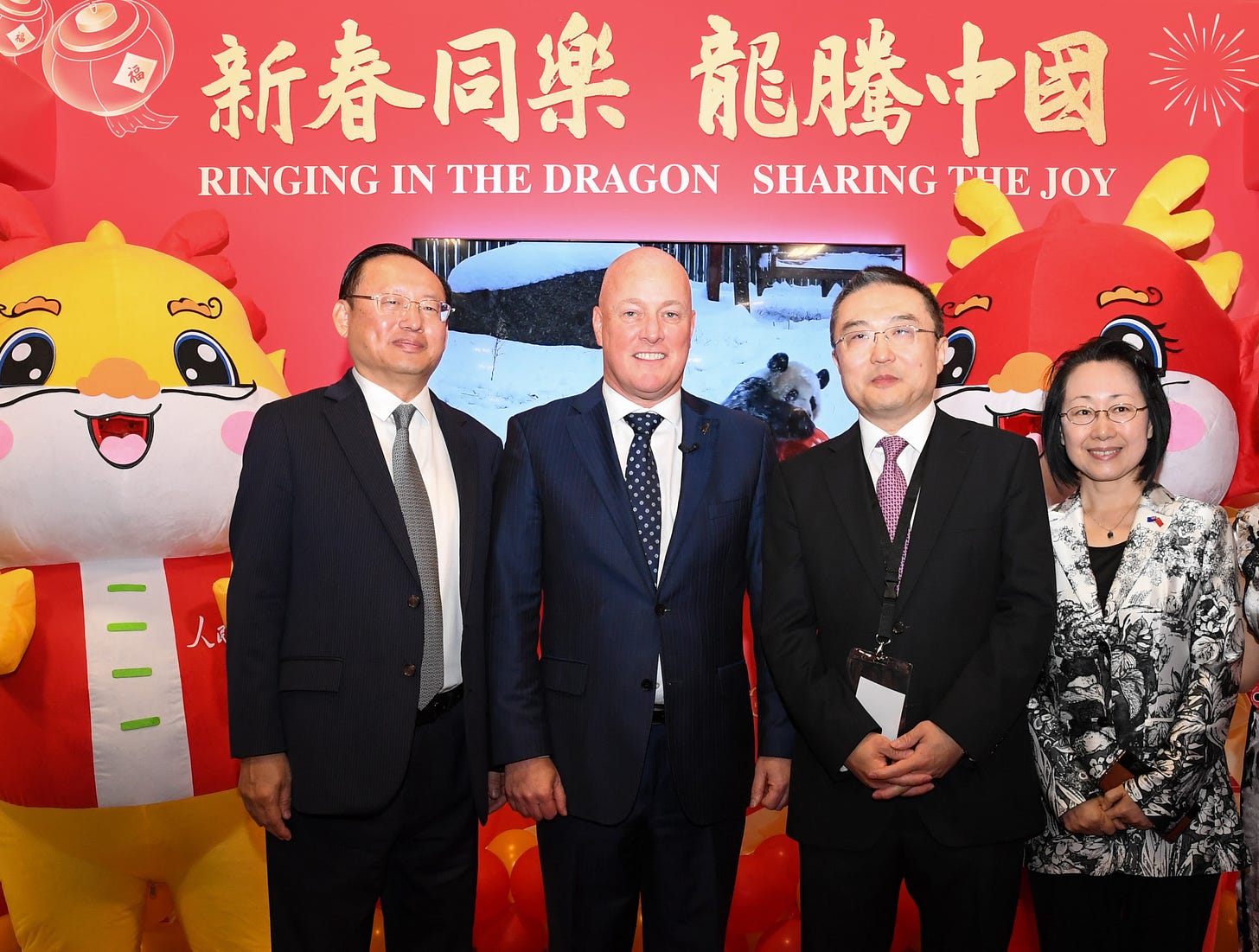
TL;DR: The podcast above of the weekly ‘hoon’ webinar for paying subscribers features co-hosts
and talking about this week’s Kainga Ora and first home loan news, along with regular guest on China’s warning to New Zealand and special guests on the riots in New Caledonia and Giorgi Lomsadze on the escalating protests in Georgia against Russian influence.The six things that mattered in Aotearoa’s political economy that we wrote and spoke about via The Kākā and elsewhere for paying subscribers in the last week included:
Housing: The Government extended its freeze on new housebuilding by Kainga Ora into next year after releasing a report on the state house builder and manager by former National PM and Housing Minister Bill English that said its rapid expansion over the last five years was financially unsustainable. Housing Minister Chris Bishop also announced the cancellation of first home buyers’ grants to save $245 million over four years, of which $140 million would be used to fund 1,500 new social housing places by Community Housing Providers (CHPs) and to help pay for tax cuts for landlords. See Thursday’s email.
Economy: The Reserve Bank held the Official Cash Rate at 5.5% as expected, but extended out its forecast for a first cut by three months to August 2025 after also increasing its forecast for inflation. The central bank blamed sticky domestic services inflation, mostly from rents, council rates and Government fees and charges, and insurance premiums, which tighter monetary policy is unlikely to influence much. The announcement dampened hopes for mortgage rate cuts this year and questions the Government’s decision to freeze funding for councils in a way that forced them to hike rates dramatically, as well as various decisions to impose new fees and charges on motorists, migrants and importers. See Thursday’s email and Wednesday’s email.
Geopolitics: China’s ambassador to New Zealand, Wang Xiaolong, told PM Christopher Luxon at the annual China-NZ Business Summit in Auckland this week that relations between China and New Zealand were at a ‘critical juncture’ because of New Zealand’s consideration of joining Aukus II, which the ambassador said directly supported the nuclear-powered Aukus I. He said Aukus was targeting China and New Zealand joining Aukus II would mean we were ‘taking sides.’ Luxon said he didn’t think joining Aukus II would hurt New Zealand’s trade with China much, and that New Zealand wanted to diversify its trade in a strategy he described as: ‘China and…’. The risk for New Zealand is diversification will be difficult when any trade agreement with India would have to exclude dairy and meat exports, and our recently signed EU and UK trade agreements include clauses forcing New Zealand to abide by its Paris emissions reductions commitments, which the current Government has challenged with a series of emissions-increasing decisions on EVs, motorway building, railway cancellations and farming rules. (See more in the podcast above)
Climate: The massive offshore wind project backed by the NZ Super Fund has told ministers in a briefing it can't operate off the Taranaki Coast if seabed mining is allowed to go ahead. It said the dredging of 10m of sands was incompatible with building turbine platforms and running power cables to shore. It was based on this study released in March. See Tuesday’s email.
Climate: Energy Minister Shane Jones announced a strategy of mining more coal and precious minerals on Department of Conservation-controlled land and other areas to double such exports by 2035. The announcement did not mention climate once and the strategy did not detail if any climate emissions analysis had been done. EU and UK farmers will find this interesting.
Economy: Global funds management behemoth BlackRock said it thought central bank rate hikes designed to tame inflation actually worsened inflation because higher interest rates give savers more money from their savings accounts, which they then spend and pump up demand and prices. See more in my interview with Kiwibank Chief Economist Jarrod Kerr for my weekly When The Facts Change podcast via The Spinoff titled: An interest rate bludgeoning.
What we talked about on ‘The Hoon’ on Thursday night
In this week’s podcast above of the weekly ‘Hoon’ webinar for paying subscribers at 5pm on Thursday night:
5:00 pm - 5:10 pm:
and opened the show with a discussion about the Government’s release of Bill English’s report into Kainga Ora and its decision to scrap first home buyer grants in favour of adding 1,500 social housing places and helping to pay for tax cuts for landlords.5:10 - 5:20: Peter and Bernard spoke with The Kaka’s climate correspondent
about Microsoft’s revelation this week that its heavier use of AI is increasing its climate emissions, and signs climate change is increasing mid-air turbulence for high-flying passenger jets.5:20 - 5:35 pm: Peter and Bernard talked with
about a tough speech this week by China’s Ambassador to New Zealand, Wang Xiaolong, warning PM Christopher Luxon not to join Aukus II.5:35 - 5:50 pm: Peter and Robert talked with veteran Pacific issues journalist (and substacker)
about this week’s riots in New Caledonia.5.50 - 6:00 pm: Peter and Robert spoke with Georgian journalist Giorgi Lomsadze from Tblisi on the escalating protests in Georgia against Russian influence.
The Hoon’s podcast version above was produced by Simon Josey.
(This is a sampler for all free subscribers. Thanks to the support of paying subscribers here, I’m able to spread the work from my public interest journalism here about housing affordability, climate change and poverty reduction around in other public venues. I’d love you to join the community supporting and contributing to this work with your ideas, feedback and comments.)
Other things I did elsewhere
I produced an episode of When The Facts Change via The Spinoff, including this interview with Kiwibank Chief Economist Jarrod Kerr from Wednesday afternoon. We talked about the bluntness of the Reserve Bank’s main monetary policy tool and a developing view that high interest rates actually increase inflation, rather than decrease inflation.
We also produce this 5 in 5 with ANZ daily podcast and Substack for ANZ Institutional in Australia, which you can sign up to via Spotify and Apple and Youtube for free.
Ka kite ano
Bernard












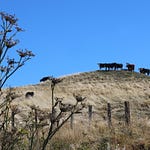




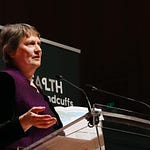
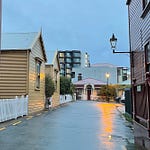
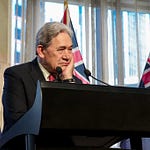
The Hoon around the week to May 24